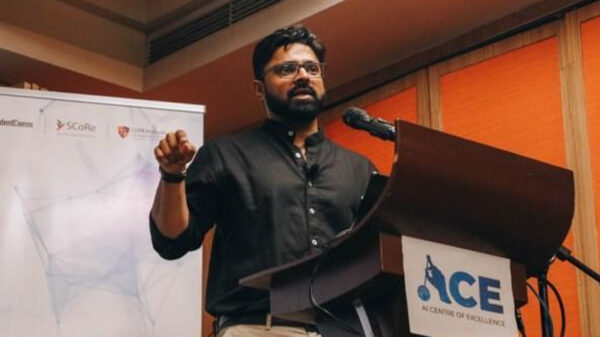According to new research commissioned by Kaspersky, 95% of heads of innovations in enterprises globally admit that their projects often fail before they are launched. Many of these innovations don’t even make it past development stage (36%). A lack of cooperation with IT Security departments also increases the likelihood that a project will never be released.
New products developed by enterprises often do not succeed. Nintendo’s Virtual Boy game console that was designed to incorporate VR and the Nike FuelBand fitness tracker are both high profile examples. As the GE experience showed, a transformation of internal processes doesn’t always yield desired results, either.
However, the failure of already publicly launched projects is just the tip of the iceberg. According to a Kaspersky study, in which 304 senior decision makers with an involvement in innovation were surveyed, the development stage is considered to be most challenging across the ‘innovation lifecycle’. This is confirmed by a third (36%) of respondents based on their experience.
For most enterprises, the main reason for unsuccessful innovation is the lack of a clear plan and structure in place, with one-fifth (19%) of respondents agreeing with this. It means that the ability to execute is as important as coming up with a brilliant idea, in order to transform a valuable insight into a profitable and plausible solution. Once the roadmap is established, it is also worth regularly reviewing it to keep up with competitor activity, market trends and industry fluctuations.
Cybersecurity was not listed among the top reasons why projects fail. Nonetheless, there’s a shared belief (74% agree) that by not including a Chief Information Security Officer (CISO) early in the process, enterprises are increasing the likelihood that their innovation will not be successful. This could be due to an inability to adapt projects to strict cybersecurity rules, with more than half (54%) believing that IT security policy in their company stifles innovation.
“For a business to innovate, it should take risks and be ready to go through some failures in the process as well, as they are inevitable when you are looking into something really new. However, there are still some practical steps that can be taken to make sure that an emerging technology or a product reaches its launch. Cybersecurity doesn’t have to be another corporate barrier, but it should be on an integral part of the project all long. Make sure to keep the CISO in the loop early on when planning the next technological breakthrough for your company,” comments Alexander Moiseev, Chief Business Officer at Kaspersky.
The state of innovation in APAC
The Asia Pacific (APAC) survey results are a tad higher compared with the global average. For instance, 98% of heads of innovations in enterprises admit that their projects were not able to see the light of the day and 40% of them admitted that innovative ideas usually do not go beyond the development stage.
When asked about the factors behind the failed attempts in innovation, two-in-10 (20%) decision-makers in APAC cited lack of a clear plan and structure in place as culprits. A huge majority (80%) of the respondents from the region mirror the global sentiment — the percentage of failure increases when an enterprise’s CISO is not involved in a project early on.
“Asia Pacific, thanks to its young population and steady increase in internet adoption, can be considered a fertile ground for technological breakthroughs. In fact, the region has the powerhouses of innovations, specifically in fintech technologies, such as China, India, and even Singapore. While our survey showed the reality that innovative projects do not always end up successful, I believe that as more countries from the region move towards their versions of digital society, more enterprises will be able to learn the formula on how to develop forward-thinking products and services,” says Stephan Neumeier, Managing Director for Asia Pacific at Kaspersky.
“Currently, there are 52% who believe that IT security policy in their company stifles innovation, but with proper communication between the research and development team and the CISO, I am certain we will see more advanced and, most importantly, secured technologies in the future,” he adds.










































































































